[Wang Duo’s regular script Wang Wei’s poetry volume]
Wang Wei’s poetry volume, Qing Dynasty, Wang Duo’s script, damask, regular script, vertical 21 cm, horizontal 165.5 cm, 27 lines, different lines
This volume of regular script contains two poems of the Tang Dynasty poet Wang Wei, “Chezhou passed the Zhao Sau Family Feast” and “Spring passed the He Sui Yuan Wai Medicine Garden”. After that, there is a paragraph in the running script, which explains that:
The book is made of fresh regular script, that is, the Xuanzai of the Huating Pavilion has not seen it. I went to Weng Qin Yan Zhai, my old relative, in December of the past year. My writing and ink are all excellent. The two volumes of the lantern book are all regular. At the same time, the Shangdang Guo Shuliu Mountain was not covered by five streams. The bright moon feeds mules into Zituan Peak and the western cliffs. At that time, the wine was very strong, and the sound of the Sumen Spring was boiling. After knowing it, I will have a look at it in the future, and make progress in the book. How, how. Wang Duo
The last paragraph “Wang Duo” is stamped with “Wang Duo’s seal” and “Da Duo Bo’s seal” on the left. This volume was written in 1643, the 16th year of Chongzhen’s reign in the Ming Dynasty. The author was 51 years old. There are three Tibetan seals on this scroll, namely, “Secret Jin Zhai Seal”, “Pu Dong’s Seal” and “Secret Jin Zhai Seal” at the head, which indicate that this scroll was once hidden in the office and later owned by Pu Dong. There is a section of Gao Huanyuan’s postscript in the Qing Dynasty and a section of Chen Baochen’s watch in the Qing Dynasty. Seal “Yuanchun Hall”, “Huanyuan Private Seal” and other three parties. No description
Wang Duo’s regular script is rare, and he also said in his postscript: “The silk scroll of the book is fresh and regular.” The calligraphy of this volume is vigorous, taking the method of the willow, the knot is not neat, the size and the side are all out of the law, but from the perspective of the whole article, the charm is vivid, ancient and solemn. The cursive script at the end of the poem is more fluent and natural, showing the essence of Wang Duo’s style.
![图片[1]-Wang Duo’s regular script Wang Wei’s poem volume-China Archive](https://chinaarchive.net/Qing dynasty/model calligraphy/王铎楷书王维诗卷.jpg)
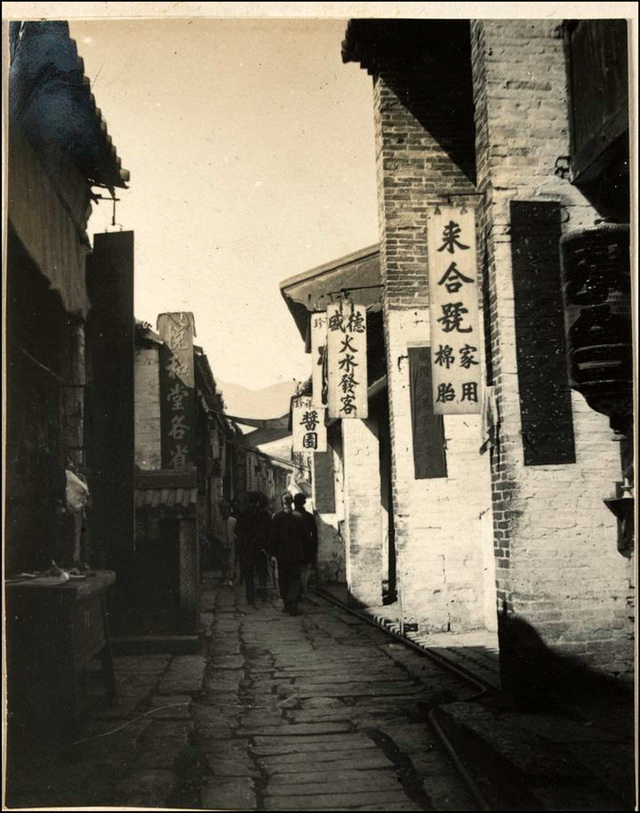
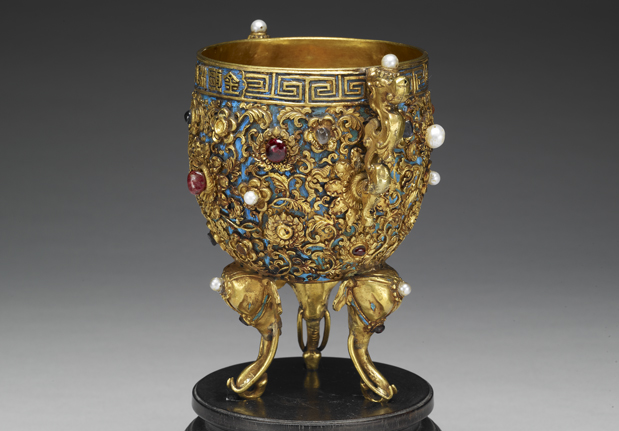
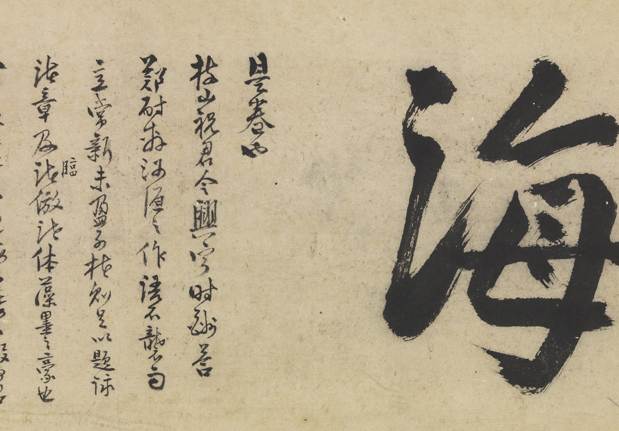
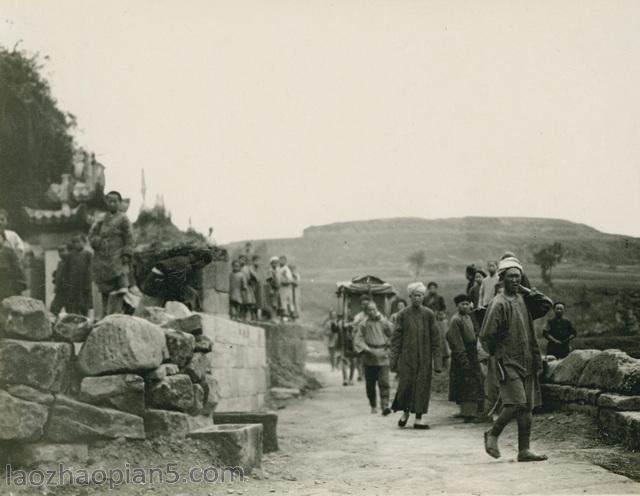
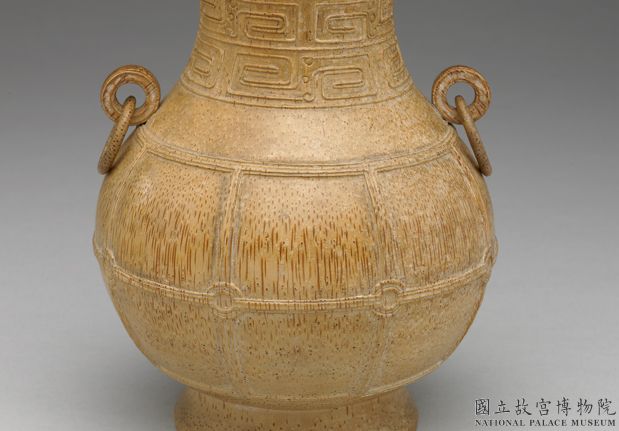
![[Qing Dynasty] British female painter—Elizabeth Keith, using woodblock prints to record China from the late Qing Dynasty to the early Republic of China—1915-China Archive](https://chinaarchive.net/wp-content/uploads/2022/11/image-191x300.png)